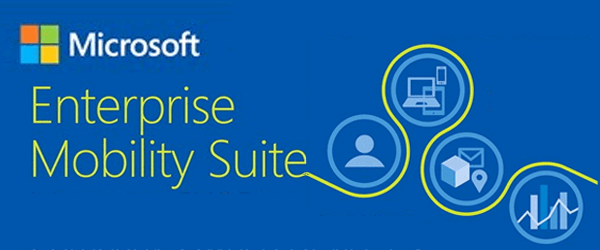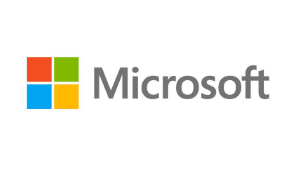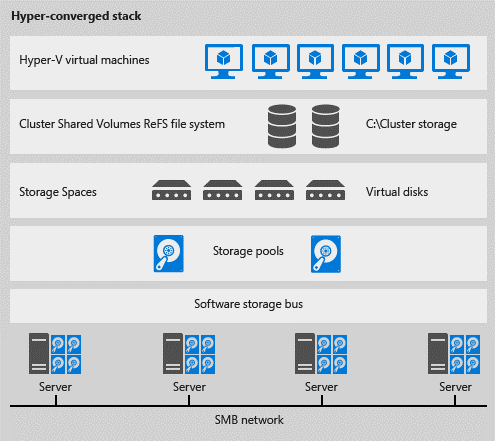Intune Suite's Upcoming Enhancements: A Deep Dive
With the rapid acceleration of remote work, businesses require tools and solutions that not only facilitate seamless operations but also prioritize security. Microsoft’s Intune Suite, a robust cloud-based service in the enterprise mobility management (EMM) sector, continues to evolve. Here, we dissect the suite's impending updates aimed at enhancing remote work capabilities and security measures.
Remote Help: Bridging Gaps
Overview:
The necessity for immediate, remote assistance is paramount in today's distributed work environments. Intune is addressing this by optimizing support mechanisms.
Functionality:
Remote Help facilitates prompt support, ensuring users get the technical assistance they require, irrespective of their geographical location. This alleviates downtime, enhances productivity, and ensures operational continuity.
Intune P2 - MAM Tunnel & Specialized Devices
Overview:
Securing access and managing diverse device landscapes are central challenges today. The Intune P2 - MAM Tunnel, coupled with support for specialized devices, offers a comprehensive solution.
Functionality:
The MAM Tunnel provides secure access to corporate resources from mobile devices without traditional VPN dependencies. On the other hand, specialized device support ensures that unique devices, from point-of-sale systems to ruggedized field equipment, can be effectively managed and secured.
Endpoint Privilege Management: Embracing the Least Privilege Model
Overview:
In cybersecurity, minimizing access is a robust defense strategy. Endpoint privilege management in Intune ensures adherence to this principle.
Functionality:
By employing the least privilege model for end users, Intune ensures individuals access only what's necessary for their roles, mitigating risks associated with privilege escalation and potential security breaches.
Enterprise App Management: Streamlining Remote Operations
Overview:
In a dispersed work ecosystem, uniformity in app deployment and management is crucial. Intune's answer is its advanced enterprise app management feature.
Functionality:
This feature simplifies app distribution, management, and updates across varied devices. Additionally, granular controls over app permissions, configurations, and the capability for selective data wipes ensure both operational efficiency and stringent security.
Cloud PKI: Microsoft’s Hosted Solution
Overview:
Public Key Infrastructure (PKI) remains pivotal in ensuring secure communication. Intune’s Cloud PKI leverages Microsoft's expertise, offering a cloud-based solution.
Functionality:
Transitioning PKI to the cloud, Intune removes the intricacies of on-premises management, tapping into Microsoft's scalable and secure infrastructure. This translates to both reduced overhead and enhanced security.
Advanced Endpoint Analytics: Proactive Insights
Overview:
In a rapidly evolving threat landscape, the power of analytics cannot be overstated. Intune introduces advanced analytics to offer IT professionals a deeper understanding of their endpoints.
Functionality:
Harnessing AI and machine learning, this feature scrutinizes device and user behaviors, identifying potential security threats and anomalies. This proactive approach aids in early detection, ensuring timely intervention and risk mitigation.
Conclusion
Microsoft’s Intune Suite, with its forthcoming features, showcases its commitment to enhancing remote work operations and fortifying security. From the initiation of Remote Help to advanced analytics insights, Intune is setting new benchmarks. As remote work dynamics continue to evolve, the Suite's capabilities will play a pivotal role in ensuring data security and seamless operations, making it indispensable for IT professionals.




